Ancient Rome
History
apostle

The one who is sent off to convey a message. Apostle. In history, an apostle is primarily known as one of the early Christian leaders sent to spread the teachings of Jesus.
Augustus
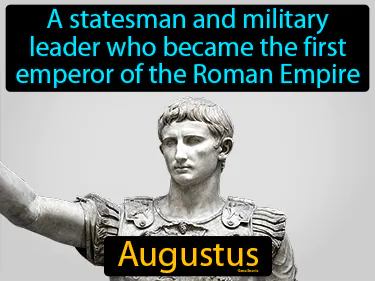
A statesman and military leader who became the first emperor of the Roman Empire. Augustus. Augustus was the first Roman emperor who established peace and stability throughout the empire.
bishop

An ordained, consecrated, or appointed member of the Christian clergy. Bishop. In history, a bishop is a church leader responsible for overseeing a group of churches within a particular region.
census
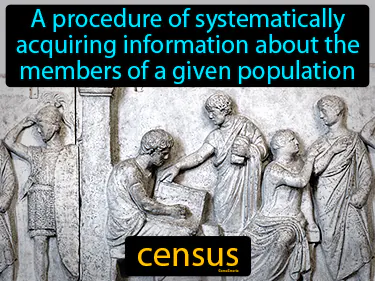
A procedure of systematically acquiring information about the members of a given population. Census. In history, a census is a count of people and households that helps governments make important decisions.
Christianity
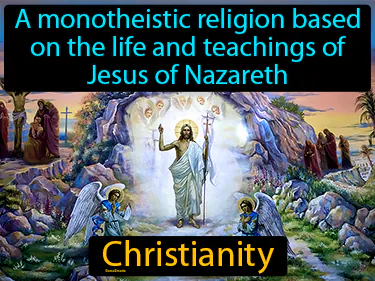
A monotheistic religion based on the life and teachings of Jesus of Nazareth. Christianity. Christianity is a major world religion that began over 2,000 years ago centered on the belief in Jesus as the Son of God and Savior.
civil war
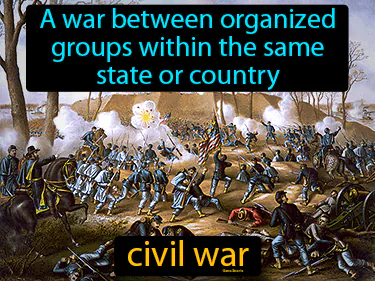
A war between organized groups within the same state or country. Civil war. A civil war is a conflict between citizens of the same nation, often over political, social, or territorial issues.
Cleopatra

Queen of Egypt, one of the most famous women in history. Cleopatra. She was the last active ruler of the Ptolemaic Kingdom of Egypt, known for her intelligence and her relationship with Roman leaders Julius Caesar and Mark Antony.
Constantine
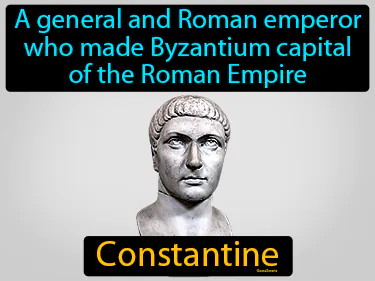
A general and Roman emperor who made Byzantium capital of the Roman Empire. Constantine. He was the first Roman emperor to convert to Christianity and established Constantinople as a powerful center of the Roman Empire.
consul
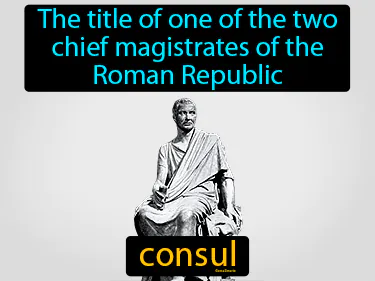
The title of one of the two chief magistrates of the Roman Republic consul. A consul was a top official in ancient Rome who led the government and the army.
crucifixion

A punishment in which the victim is tied or nailed to a large beam and left to hang. Crucifixion was an ancient method of execution used notably by the Romans to publicly display and punish criminals.
dictator
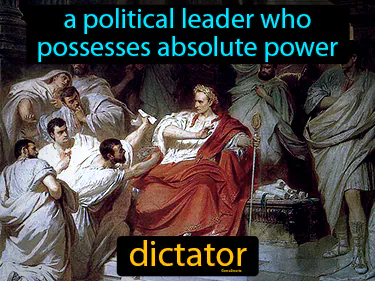
A political leader who possesses absolute power. Dictator. In history, a dictator is a ruler who holds total control over a country, often taking power by force or manipulation.
Diocletian
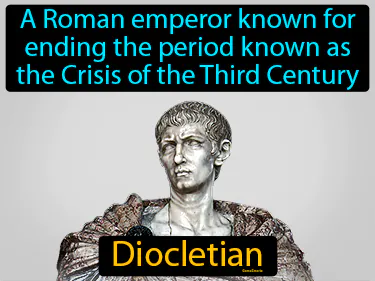
A Roman emperor known for ending the period known as the Crisis of the Third Century. Diocletian. Diocletian was a Roman emperor who stabilized and reorganized the empire during a time of severe instability.
Eastern Orthodox Christianity
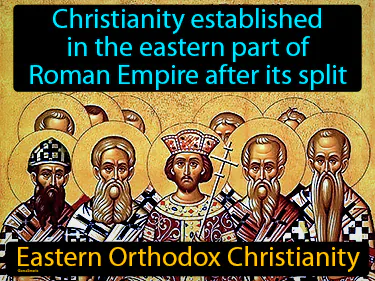
Christianity established in the eastern part of Roman Empire after its split. Eastern Orthodox Christianity. It is a branch of Christianity that developed in the Eastern Roman Empire, known for its rich traditions and emphasis on preserving early Christian beliefs and practices.
gladiator
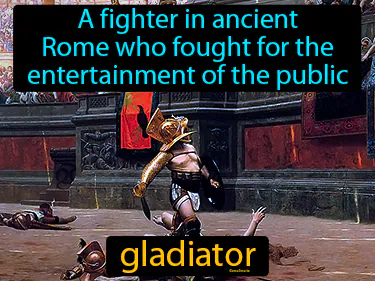
A fighter in ancient Rome who fought for the entertainment of the public. Gladiator. A gladiator was a warrior in ancient Rome who battled to entertain crowds, often in arenas.
Hannibal
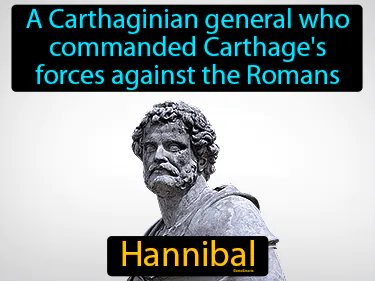
A Carthaginian general who commanded Carthage's forces against the Romans. Hannibal. Hannibal was a brilliant military leader known for crossing the Alps with elephants to fight Rome.
Jesus

A Jewish preacher and religious leader and the central figure of Christianity. Jesus. Jesus is believed by Christians to be the Son of God and a savior who taught love and forgiveness.
Julius Caesar
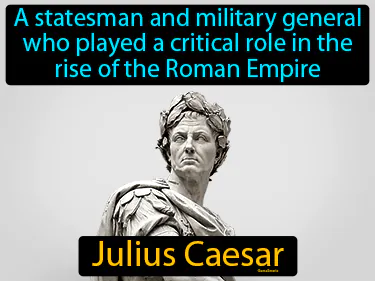
A statesman and military general who played a critical role in the rise of the Roman Empire. Julius Caesar. Julius Caesar was a powerful leader who helped transform Rome from a republic to an empire.
Justinian
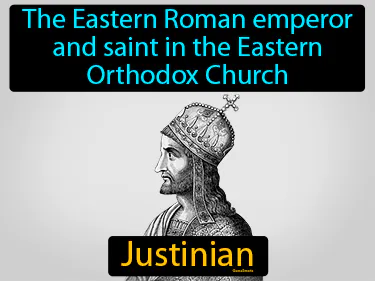
The Eastern Roman emperor and saint in the Eastern Orthodox Church. Justinian. Justinian was a Byzantine Emperor known for his ambitious attempt to restore the Roman Empire's former territories and for his significant legal reforms called the Justinian Code.
Justinians Code
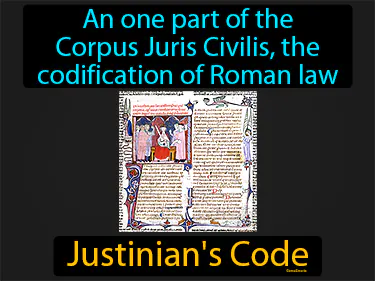
An one part of the Corpus Juris Civilis, the codification of Roman law. Justinian's Code. It is a collection of laws that organized and systematized Roman law under Emperor Justinian in the 6th century.
Livy
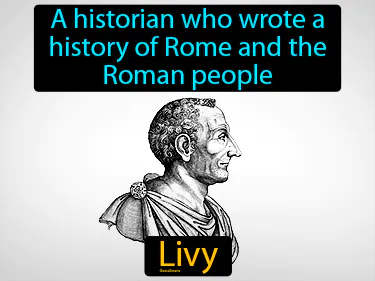
A historian who wrote a history of Rome and the Roman people. Livy. Livy was an ancient Roman historian who documented Rome's history in his work "Ab Urbe Condita."
Messiah
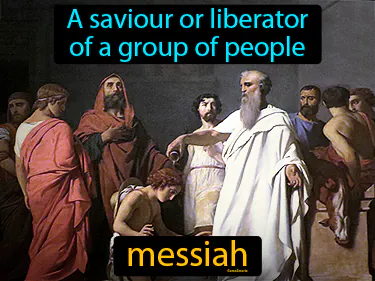
A saviour or liberator of a group of people. Messiah. In history, "Messiah" refers to a promised leader or savior figure, especially in Jewish and Christian traditions, believed to bring salvation or liberation.
New Testament
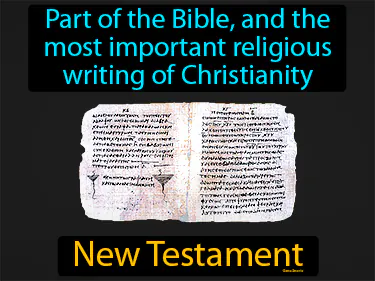
Part of the Bible, and the most important religious writing of Christianity. New Testament. It is a collection of texts about the life and teachings of Jesus and the early Christian Church.
parable
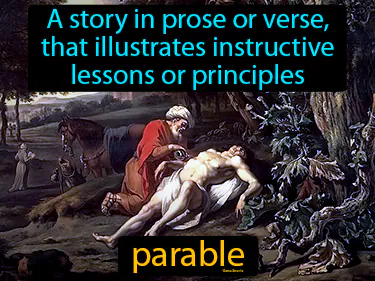
A story in prose or verse, that illustrates instructive lessons or principles. Parable. In history, a parable is a simple story used to teach a moral or spiritual lesson.
patrician
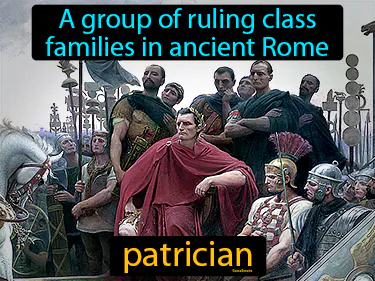
A group of ruling class families in ancient Rome. Patrician In ancient Rome, a patrician was a member of the wealthy and powerful upper class.
Paul
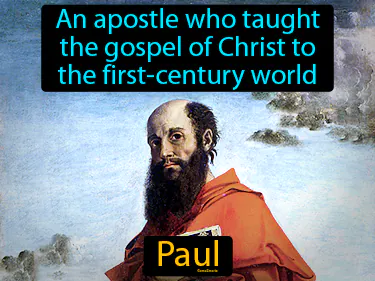
An apostle who taught the gospel of Christ to the first-century world. Paul. Paul was an early Christian leader who spread the message of Jesus throughout the Roman Empire.
Pax Romana
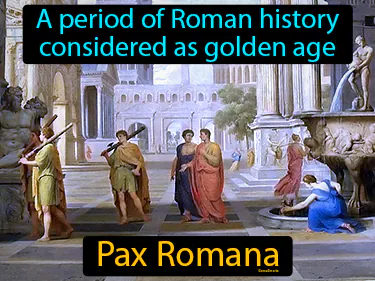
A period of Roman history considered as golden age Pax Romana. Pax Romana was a time of peace and prosperity in the Roman Empire lasting about 200 years.
persecution
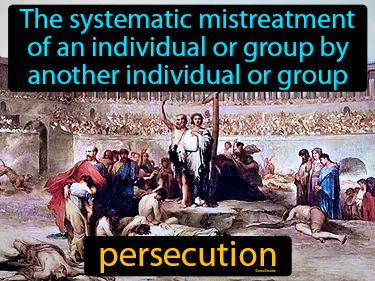
The systematic mistreatment of an individual or group by another individual or group. Persecution. In history, persecution refers to the unfair or cruel treatment of a group because of their beliefs, race, or identity.
Peter
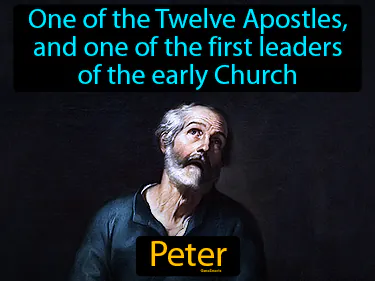
One of the Twelve Apostles, and one of the first leaders of the early Church. Peter was a key figure in Christianity, considered the first pope by the Catholic Church.
plebeians
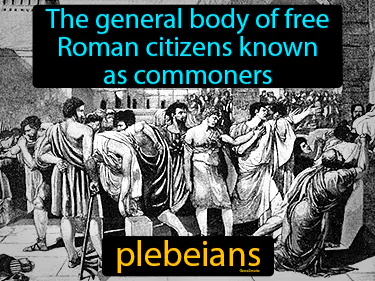
The general body of free Roman citizens known as commoners. Plebeians. Plebeians were the everyday working class in ancient Rome, including farmers and artisans, who had less power than the elite patricians.
Pompey
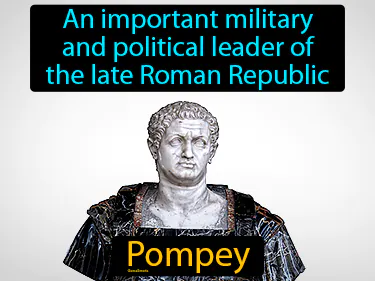
An important military and political leader of the late Roman Republic. Pompey. He was a key figure in Romes transition from Republic to Empire, known for his military conquests and political alliances.
pope
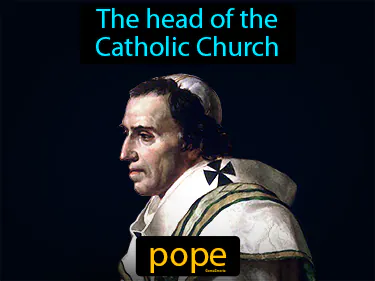
The head of the Catholic Church. Pope. The pope is the spiritual leader of the Roman Catholic Church and is regarded as the successor to Saint Peter, who was one of Jesus Christ's apostles.
Punic Wars
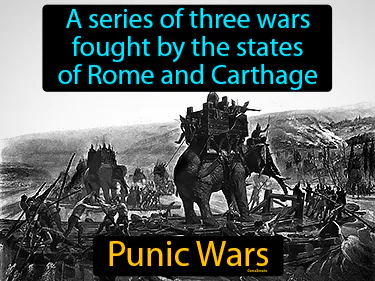
A series of three wars fought by the states of Rome and Carthage. Punic Wars. These conflicts were battles for control over the western Mediterranean.
representative
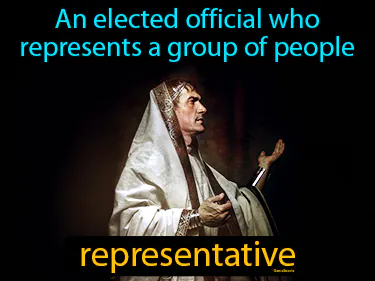
An elected official who represents a group of people. Representative. In history, a representative is someone chosen by people to make decisions and voice their interests in a government.
republic
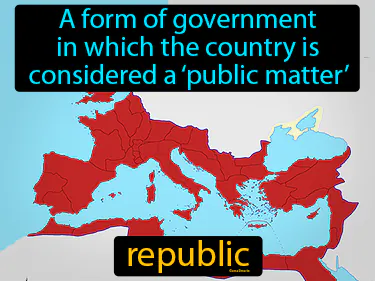
A form of government in which the country is considered a 'public matter'. Republic. In history, a republic is a system where leaders are elected to represent the people and rule according to a constitution.
Scipio Africanus
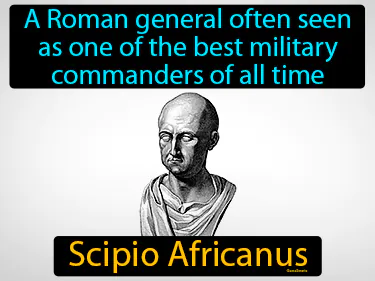
A Roman general often seen as one of the best military commanders of all time. Scipio Africanus. He was the leader who defeated Hannibal in the Second Punic War.
Senate
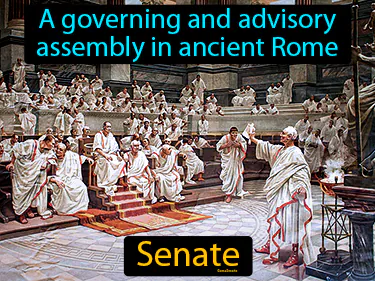
A governing and advisory assembly in ancient Rome. Senate. In ancient Rome, the Senate was a powerful group of leaders who advised on laws and decisions.
Theodora
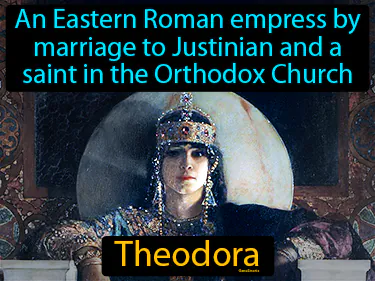
An Eastern Roman empress by marriage to Justinian and a saint in the Orthodox Church. Theodora. She was a powerful and influential leader in the Byzantine Empire during the 6th century.
tribune
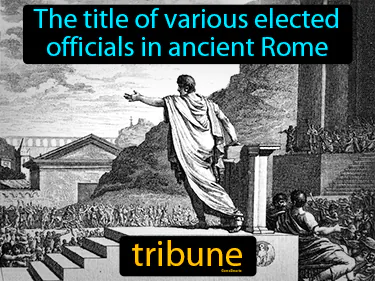
The title of various elected officials in ancient Rome tribune. A tribune was a Roman official elected to protect the rights of ordinary citizens against the actions of the Senate and magistrates.
Twelve Tables
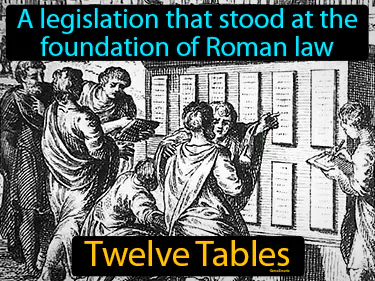
A legislation that stood at the foundation of Roman law. Twelve Tables. The Twelve Tables were the first set of laws written down in ancient Rome, providing the foundation for Roman legal practice and ensuring citizens had a clear and public legal code.

